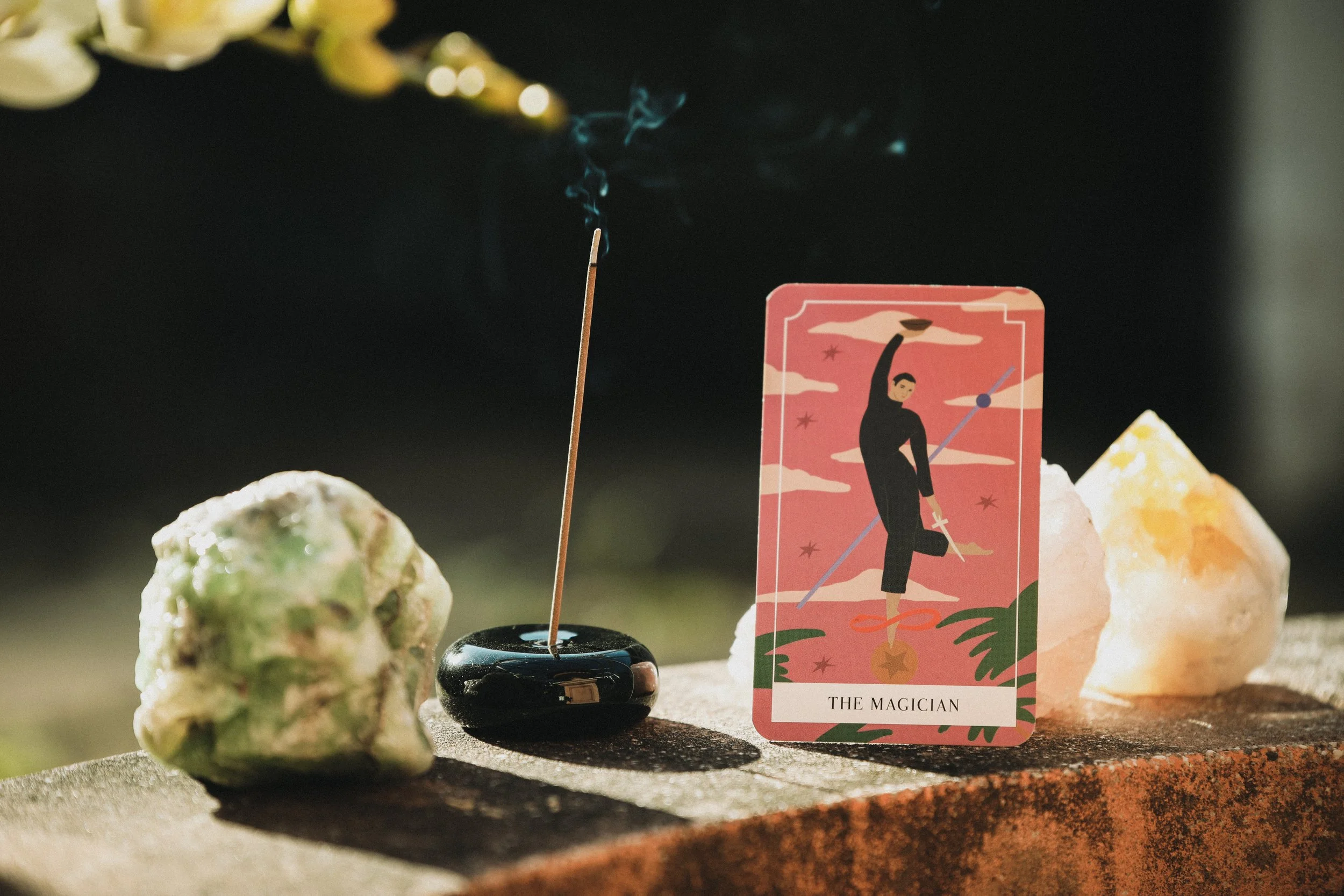Neo-Paganism: The Movement Filling the Power Vacuum of a Crumbling Church
Photo by CA Creative on Unsplash
The opinions reflected in this OpEd are those of the author and do not necessarily reflect the opinions of staff, faculty and students of The King's College.
(OPINION) Polls show that participation in the church continues to decline. One might think that atheism has taken its place. But it isn’t that simple.
According to a 2021 Pew Research poll, three out of every ten Americans identify as atheist, agnostic or “nothing in particular.” This corresponds with a continual decline in Christian affiliation, especially when it comes to Protestantism. However, the number of Americans identifying as “spiritual” is higher than ever.
It’s no secret that the Christian community is shrinking. Headlines like “America’s Christian Majority is on Track to End” and “The Weird Spiral of Declining Christianity in America” grace endless reputable news outlets’ religion and culture sections.
It’s also no secret that spiritual practices like witchcraft and astrology have been making waves, especially in the Gen-Z and Millennial communities.
Neo-Paganism is defined as a modern religion that includes beliefs and activities that are not from any of the world’s main religions, the “worship of nature” for example. The forms it takes on are incredibly varied and can often be traced back to pre-Christian Europe.
From the Anglo-Saxon practices that created the Easter and Christmas we know today to the emergence of online psychics, paganism’s history is extensive. Due to its subjectivity and openness in encouraging interaction with the spiritual realm in various ways, this belief system has stood the test of time.
In today’s world, Neo-Paganism presents itself through the practices of astrology, witchcraft, aura readings and spiritual naturalism. It encompasses everything from radical Wicca feminists to the palm reader on the boardwalk. Or, more in more relatable terms, everything from your daily horoscope to your friend’s belief in the ‘oneness’ of the universe.
So, how relevant are these practices within our culture?
Influencers like @thehoodwitch, who has almost 500,000 followers on Instagram, post aesthetically-pleasing content featuring tarot readings, witchcraft and the powers of manifestation on the daily. Snapchat, the most-used social media app by Gen-Z, automatically shows the astrological information of its users on profile displays. There has been a 65% increase in the search term ‘crystal healing’. 1.5 million Americans identify as Neo-Pagan as of 2014.
While atheism is the absence of God, Neo-Paganism is the presence of spiritual forces to be recognized and manipulated. There is no right or wrong, only an arbitrary set of entities that can be tapped into to benefit or hurt whoever you desire.
For Christians hoping to spread the Good News, it’s not just about proving God exists. Instead, it’s about proving that the God of the Bible is above all other spiritual forces.
Neo-Paganism is a highly decentralized movement. It’s scattered and messy. Those who participate may not know what they’re worshiping, but that isn’t stopping them from giving that “power” significant influence over their lives.
The unifying aspects of Neo-Paganism involve a deep reverence for nature and the oneness of the universe. Besides that, there is room for open interpretation and worship.
This movement eerily reflects the circumstances that led Paul to write Acts 17:23, which states, “For as I passed along and observed the objects of your worship, I found also an altar with this inscription: ‘To the unknown god.’ What therefore you worship as unknown, this I proclaim to you.”
30% of Americans believe in the power of astrology, including almost a third of Christians polled. These shocking statistics reflect an ever-growing search for easy answers in an increasingly depressed and hopeless world. With even the religious seeking personalized interaction with the spiritual realm, it is important to understand why.
People want to believe in something– they want to embrace the reality of a spiritual being(s) and realm. This is completely understandable. Embracing the supernatural is a common happenstance within countless cultures across history. It’s been a means of seeking answers and control for a millennia. However, many can’t identify what that force is or where it originates from. Instead, they continue to let it have authority over parts of their lives, hoping that things will change in their favor.
As church participation crumbles and organized religion continues to fade, Christians must begin to reevaluate their approaches to productive discipleship. While the rise of atheism has been pushed as the looming threat to Christianity, our culture has in fact not forsaken the spiritual but redirected it for the sake of gaining personal power. If left unnoticed or ignored, the decline of the church will only continue, the reality of the true spiritual power of God shadowed by lies.
Julia Jensen is a sophomore studying Politics, Philosophy, and Economics. She is also the President of TKC Students for Life.

